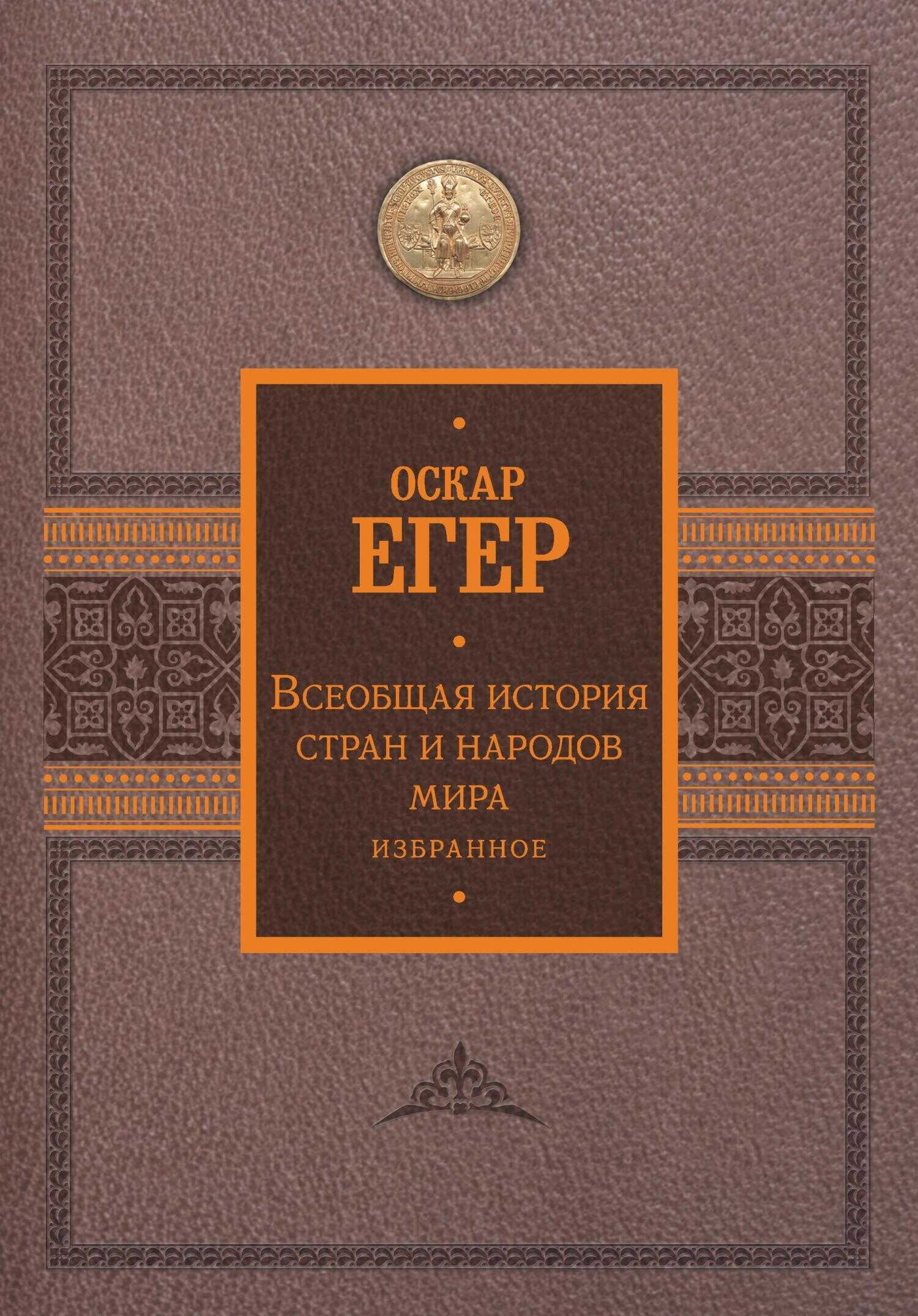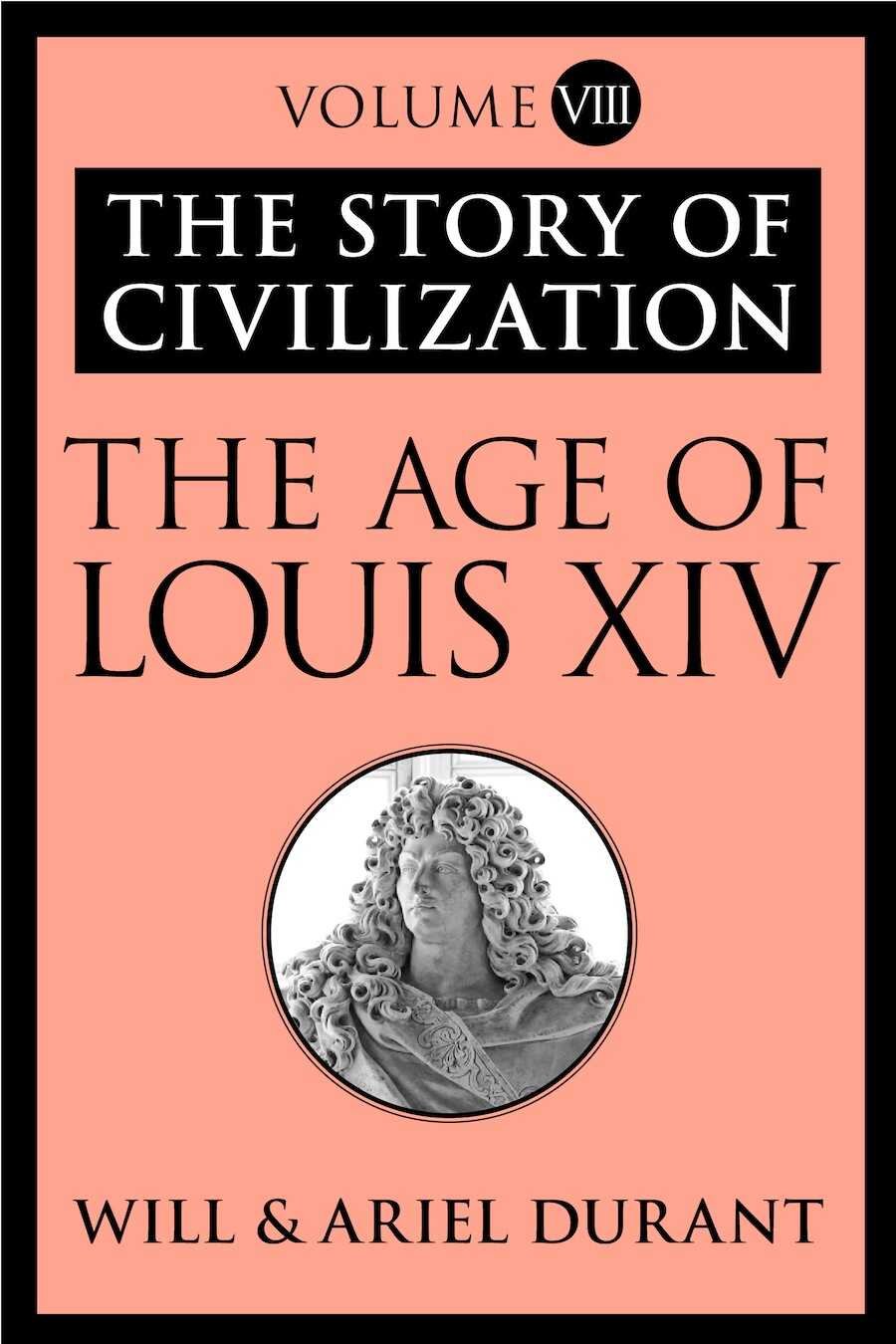Книга Незападная история науки: Открытия, о которых мы не знали - Джеймс Поскетт
Читать книгу Незападная история науки: Открытия, о которых мы не знали - Джеймс Поскетт полностью.
Шрифт:
-
+
Интервал:
-
+
Закладка:
Сделать
Перейти на страницу:
Перейти на страницу:
Книги схожие с книгой «Незападная история науки: Открытия, о которых мы не знали - Джеймс Поскетт» от автора - Джеймс Поскетт:
Комментарии и отзывы (0) к книге "Незападная история науки: Открытия, о которых мы не знали - Джеймс Поскетт"








